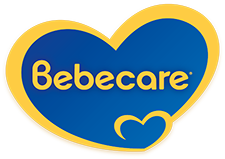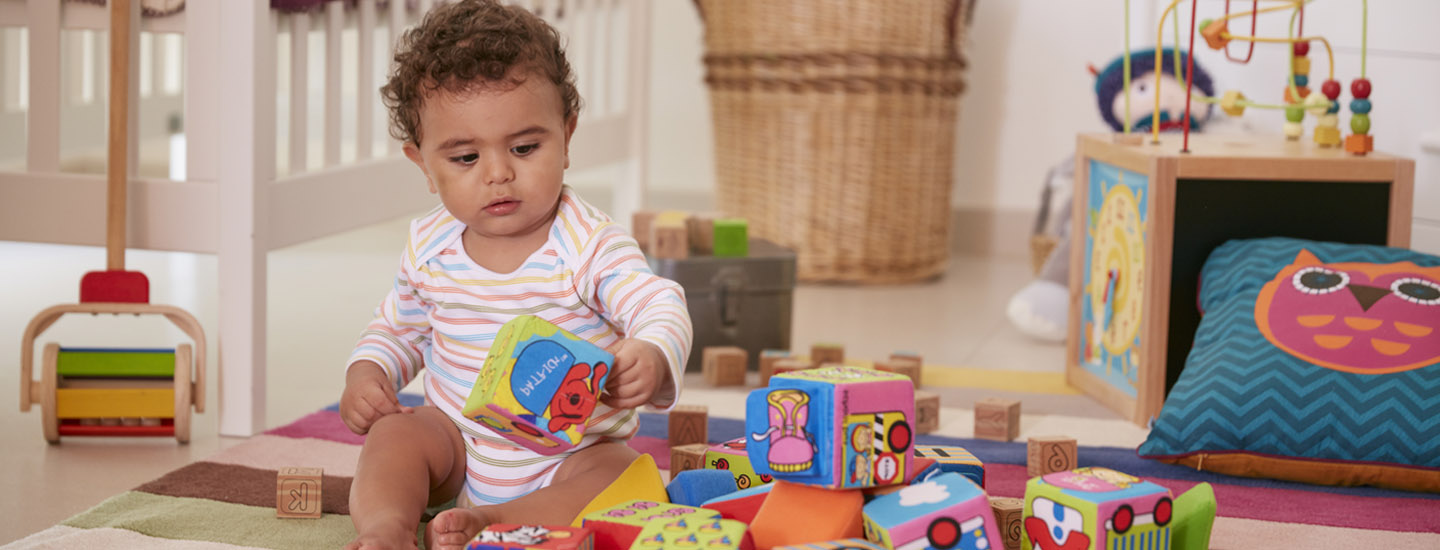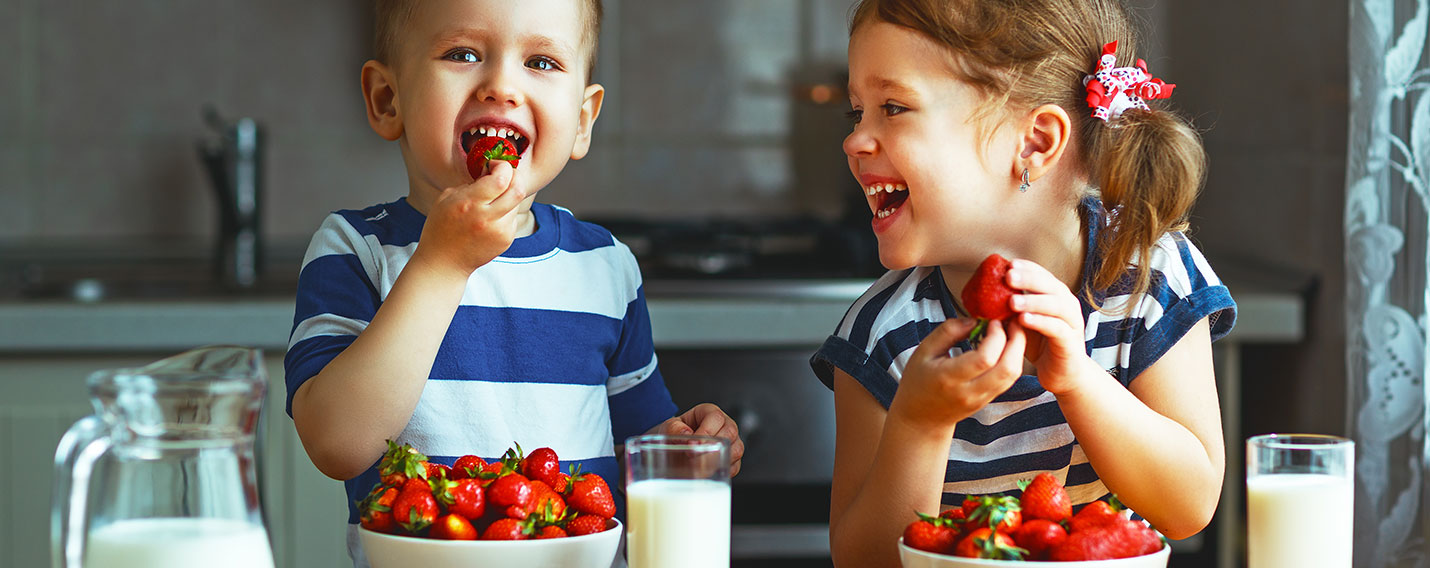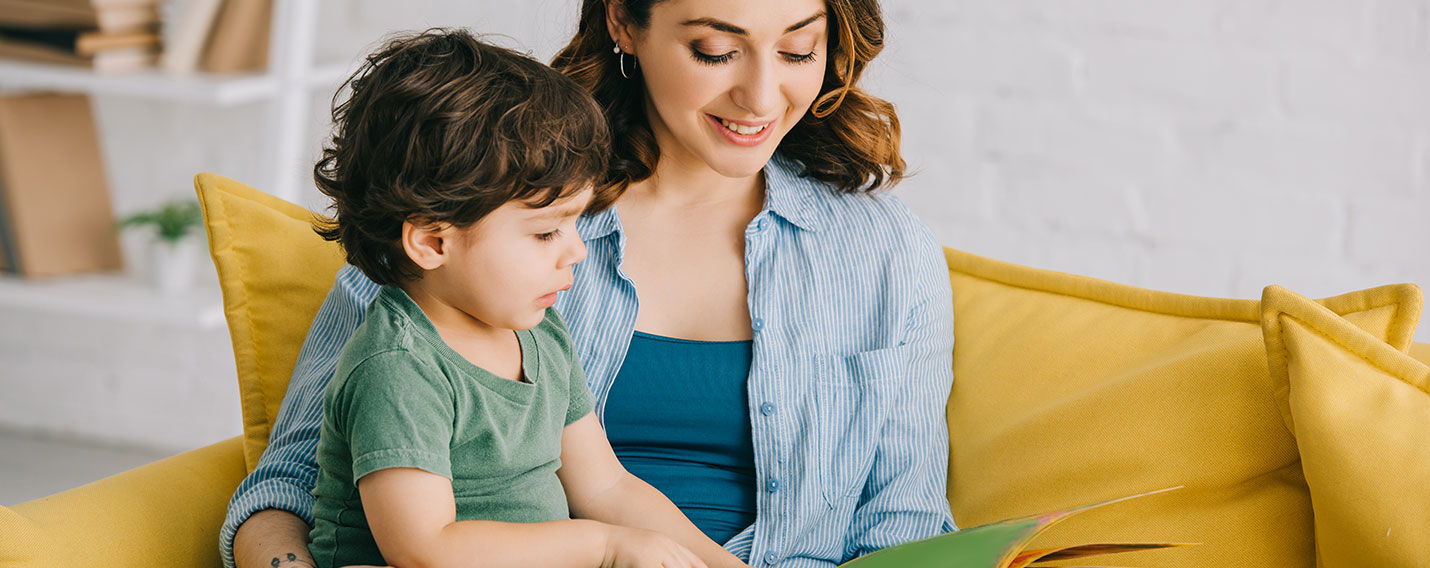Developing Your Toddler’s Social Skills By Installing Quality Family Time
Watching your toddler grow and reach different developmental milestones is one of the most rewarding things as a parent. Their body is changing, their brain is developing at an incredible rate and their ability to interact and learn from their environment will start shaping their social development skills. Remember, children grow at different rates and may reach developmental milestones earlier or later than average. Talk to your doctor if you have any concerns.
Parents often look at different signs to measure how their children are developing their social skills. Here are some examples of what parents consider as positive signs:
- The ability to have confident social interactions with grown-ups.
- Being able to clearly express their wishes and desires.
- Not being shy when it comes to communicating with people they’ve just met.
Whereas signs for lack of social development are:
- When they are quiet and reserved in social circumstances
- When they close their eyes when exposed to loud noises
- When they often walk on their toes
However, from an expert’s perspective, a child’s ability to behave and react to their social context is based on two stages of social behavior:
Internal – Where Kids Process Their Surroundings
Children analyze their surroundings to better understand social contexts in terms of their family and even with strangers. This is to become familiar with who they are and what their relationship is at a tertiary level. Internal analysis also helps them to perceive emotions individuals have towards them. Whether it’s positive or negative.
External – How Kids React After Internal Analysis of The Surroundings
They develop a better understanding of how to approach strangers versus familiar faces. They follow this up with communication through expressions such as smiles, and through basic words if the children are already developing verbal skills. They then progress onto actions such as initiating play, learning how to go about certain activities such as when it’s their turn versus some else’s, learning how to develop friendships, and also learning negative expressions and how to express them.
Did you know?
From their early environment, kids start learning the basics of communication, decision making, self awareness and regulation which are building blocks to develop social skills in kids. Moreover, a child’s family context and environment often contribute to their social and emotional learning.
Therefore, quality time with the family is the key to every child’s social development. Interactions with the family build the foundations of social skills that evolve with time as he or she learns to interact with the rest of the world.
Let’s have a look at some of the simple and effective things you can do together as a family. Remember, it’s about ‘quality family time’, not ‘quantity’.
1. Unlock Your Child’s Imagination
What you see as a cardboard box, your child sees as a plane! For him or her, a bottle and a plate are all it takes to create music.
Lose yourself in the wild jungle of your garden. See everything through your child’s eyes and they will see you as a companion on their adventure of discovery.
2. Make Going to Bed a Time of Peace And Security
Get your child to recount their day – the fun they had, the things they thought. Share a story that uses the calming influence of your voice to blanket them in a cosy blanket. Let the last thought in their growing minds be one of anticipation for the day to come.
3. Take Them to a Place They’ll Love
It’s easy to google an event or a place that’ll interest your child. Watch how special they will feel knowing that you were thinking of them. If it’s educational, it’s a bonus. It could be something as simple as chasing ducks in a park! Add an element of surprise to your outing, the delight factor enriches the experience and teaches your child about the power of generosity.
4. Invent A New Language
Children adore silliness. And the sillier you are, the more they connect with you as a trusted friend. So give all of your plants human names, and if your child points at an alligator in the zoo and calls it an elevator, that’s what it should be. Forever.
5. Listen
Possibly the most underrated form of bonding between parent and child. Pay attention to the wonderful meandering of your child’s need to express him-, or herself. Hold your eye contact. Nod and acknowledge when you feel the time is right. Show sympathy, empathy, concern and appreciation. This will help give your child a sense of importance and position within your family.
Before you get started with any family activity, create a safe space for your toddler to feel relaxed and comfortable to be in, make sure that you have physical and eye contact with your child, and finally choose an activity that the child everyone will engage in and enjoy!
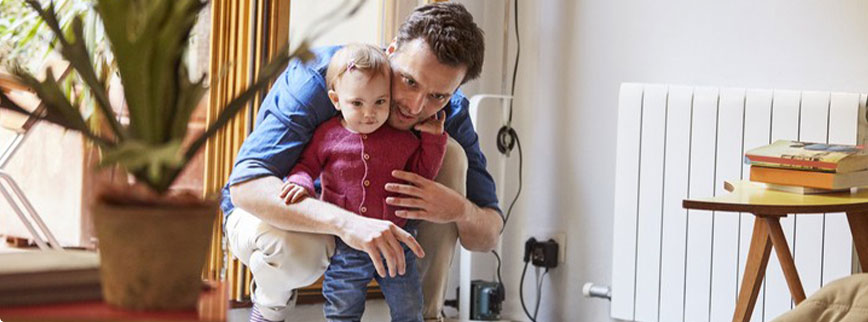
Families are the most influential figures in a child’s life from the very start.
As your child grows and develops social skills, it’s important to give equal importance to their overall development with a well-balanced diet that gives them the essential vitamins, minerals and other nutrients they need to keep their energy levels up through all the activities you have planned for them through the day. Bebelac Junior with PreciNutri contains a unique mix of Iron, Prebiotics and Vitamin D that supports kids with the right nutrition to develop positive social behaviour. So, you and your kids can spend more active quality time together.


